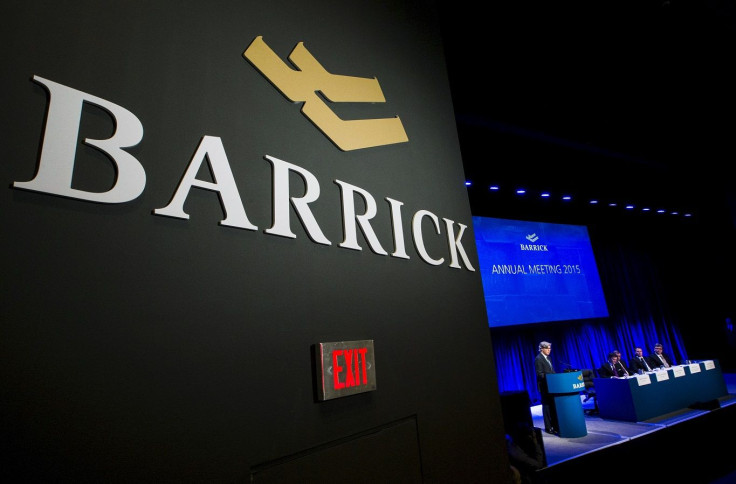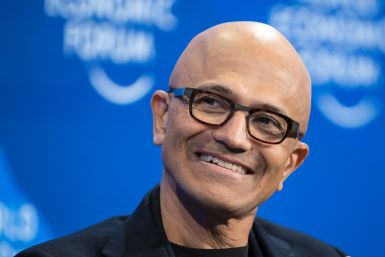New Zealand’s company directors are poorly paid compared to global counterparts, says study

Directors of New Zealand-owned companies are severely underpaid and their fees are 60 percent less than what their overseas counterparts are getting. This has been disclosed in the annual Institute of Directors' fees report. It found that directors' pay packets did increase four percent since 2014 but their workloads also shot up by 41 percent.
According to Directors Institute Chief Executive, Simon Arcus, New Zealand is certainly lagging behind other countries. “Some of the disparity between New Zealand and overseas is to do with scale obviously, however it does show quite a difference when you think about the fact the risks and the liabilities are the same, whatever jurisdiction you're in," Arcus told 3 News, stressing that the current pay levels might imply that directors are not properly valued. Half of those surveyed said they are not satisfied with the level of remuneration. The survey also found that male directors are earning more than the female counterparts. Only one in every seven members on a board of directors was female. Arcus called it a matter of “concern.” "We think that the lower median income for women probably also reflects the higher number of women working in the not-for-profit sector, and that sector has always traditionally paid either very little, or often nothing,” he said. Also Maori non-executive directors are less than two percent percent on boards.
Burden of compliance
Analysing the findings, Simon Arcus argued that spiralling workload of directors was the result of significant law changes in health and safety, and financial markets conduct. He said it is natural that when there is more risk, directors will expect more reward, reports Stuff.Co.Nz.
He said there could be pressure on director remuneration levels in an era of increased liability and compliance. The members tell that burden of compliance has grown. So, New Zealanders should not be against director pay rises, he said. In 2014, New Zealand-owned company director fees were 58 percent less than overseas-owned companies. In 2015, the disparity grew to 63 percent.
More scrutiny
Arcus argued that Taxpayers and KiwiSavers need skilled directors on the boards of state-owned enterprises and also in listed companies for giving a better chance of prosperity. He noted that boards are facing more scrutiny and regulation than ever before. Ernst & Young partner Una Diver also said the paltry increase in directors' fees is a matter of concern. “We know the regulatory landscape is changing significantly, meaning it is critical that people with the right mix of skills are attracted to governance roles,” Diver said. Reflecting on the heavy responsibility of the directors, Arcus said the 41 percent increase in hours on each directorship includes an average eight board meetings a year.
(For feedback/comments, contact the writer at feedback@ibtimes.com.au or let us know what you think below)






